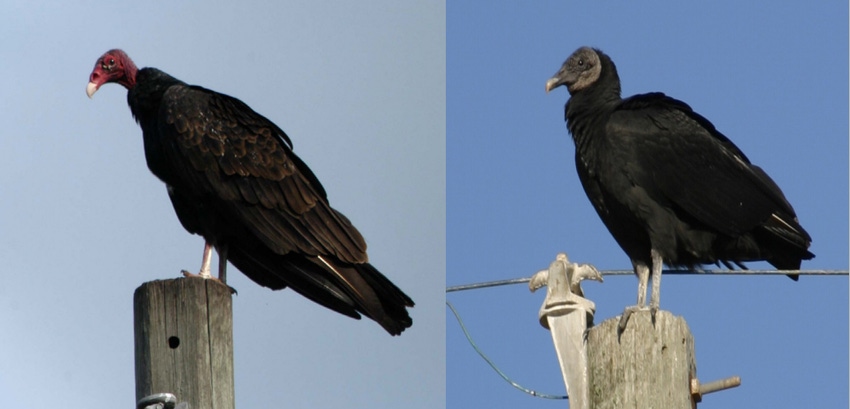America’s Conservation Enhancement Act to address impact of wildlife and wildlife management on livestock production.

Members of Congress on both sides of the aisle and a broad group of stakeholders offered their support for S. 3051, America’s Conservation Enhancement (ACE) Act. The legislation passed Congress and will now be sent to the President’s desk.
Introduced by Senate Environment & Public Works Committee chairman John Barrasso (R., Wyo.) and ranking member Tom Carper (D., Del.), the ACE Act helps conserve wildlife and wildlife habitat, including by reauthorizing the North American Wetlands Conservation Act and the National Fish & Wildlife Foundation Establishment Act. It also addresses the threats of emerging wildlife diseases like chronic wasting disease (CWD), protects livestock from predators and combats invasive species.
“The ACE Act will also help to drive the development of new and innovative solutions for growing threats like invasive species and wildlife disease – threats we know will only become more challenging with our changing climate,” Carper said in a statement.
Collin O’Mara, president and chief executive officer of the National Wildlife Federation, said, “The ACE Act confronts systemic challenges facing wildlife by restoring essential wildlife habitat like wetlands and the Chesapeake Bay, fighting chronic wasting disease in deer and elk and removing invasive species.�”
Kaitlynn Glover, Public Lands Council (PLC) executive director and National Cattlemen’s Beef Assn. (NCBA) executive director of natural resources, applauded the establishment of a specific depredation permitting structure for producers who have experienced losses due to common raven and black vulture depredation.
“Most of these losses occur during calving and lambing season, with producers experiencing tens of thousands of dollars in losses in any given year. It is imperative that producers have commonsense tools to protect their livestock, their financial security and local wildlife populations," Glover said.
The act provides depredation payments for livestock producers who experience livestock losses caused by federally protected species while also authorizing funding for producers to carry out non-lethal deterrence activities. These are both activities previously funded primarily by affected states, despite the federal protections for animals causing the predation. PLC and NCBA have worked with Congress and federal agencies to provide relief to states and producers through improvements to federal regulations and through compensation programs, and the ACE Act provides relief in both ways.
"Livestock producers and states face significant burdens when the federal government implements protections for species without any support for the economic and natural resource impacts their decisions can have," Glover said. "This is something PLC and NCBA have urged Congress to recognize for years, so this relief comes at a time when producers are contending with losses from multiple events.”
The ACE Act also includes funding to improve invasive species control and prevention efforts -- a provision designed to develop innovative ways to reduce human/predator conflict -- and establishes of a task force to address prevailing concerns about CWD that occurs in cervids like deer, moose and elk.
The bill now awaits signature by President Donald Trump.
About the Author(s)
You May Also Like




.png?width=300&auto=webp&quality=80&disable=upscale)
